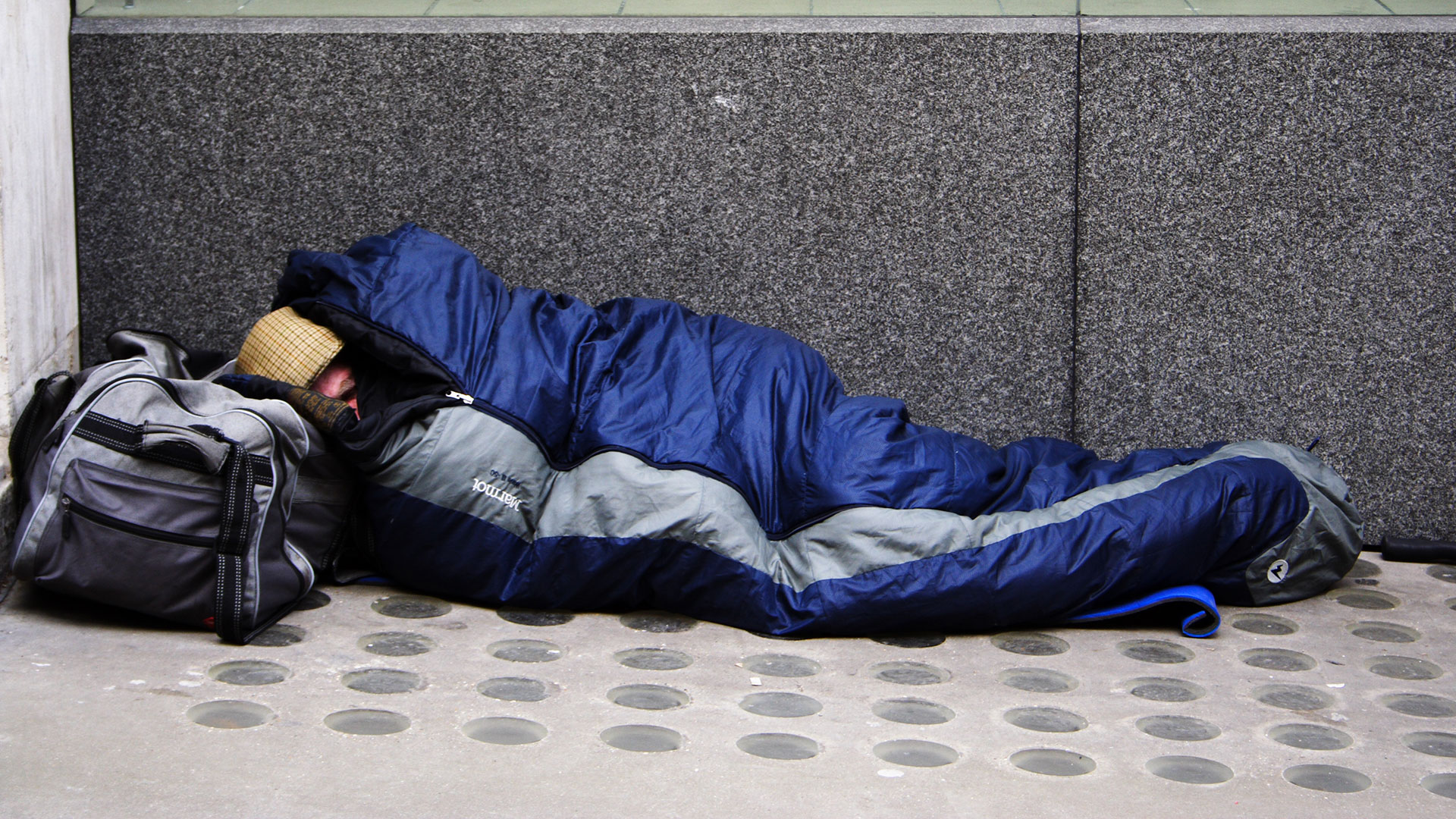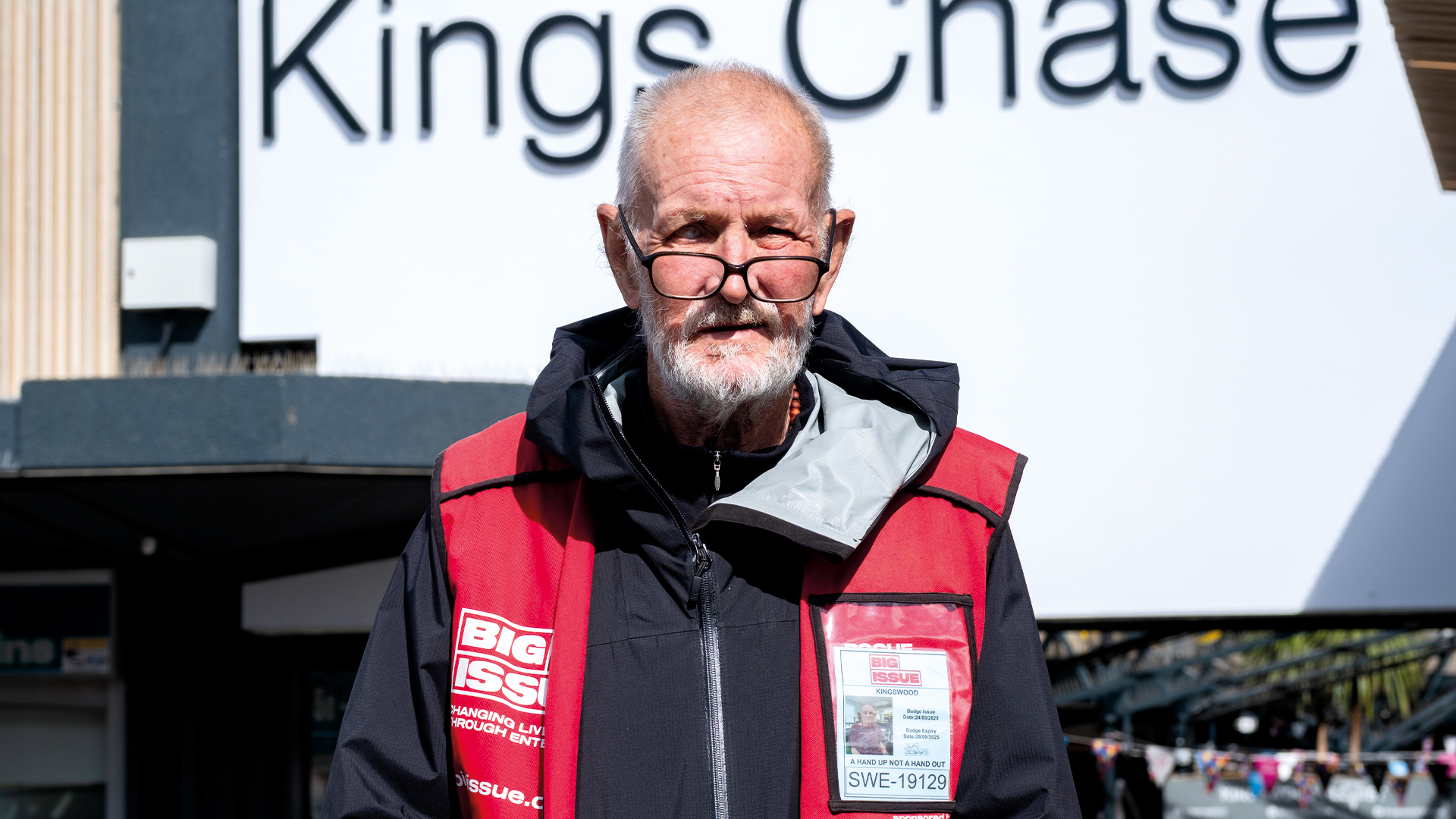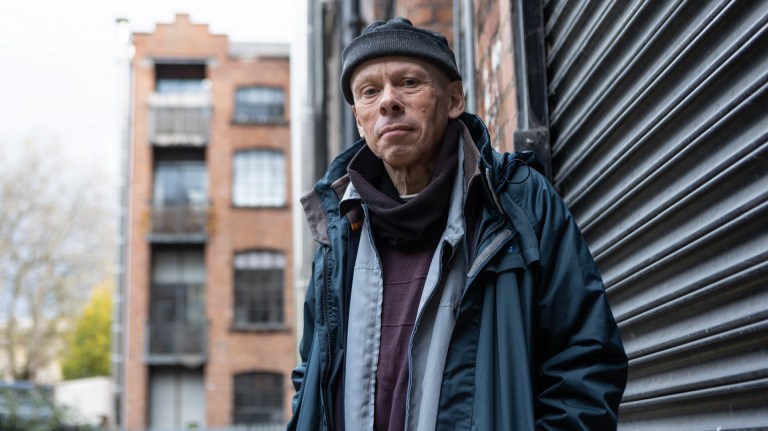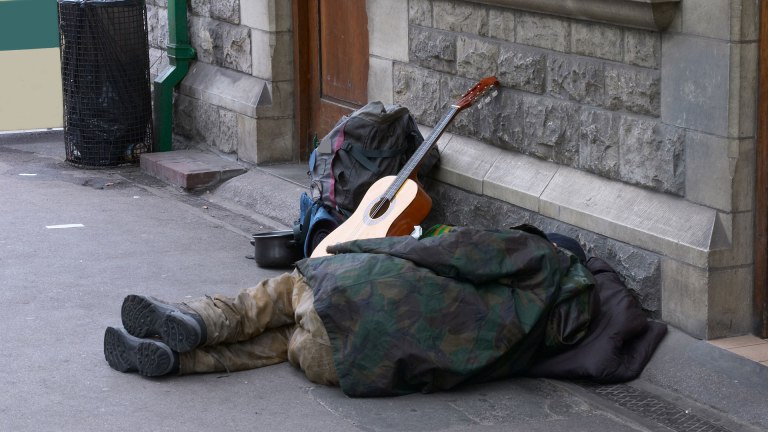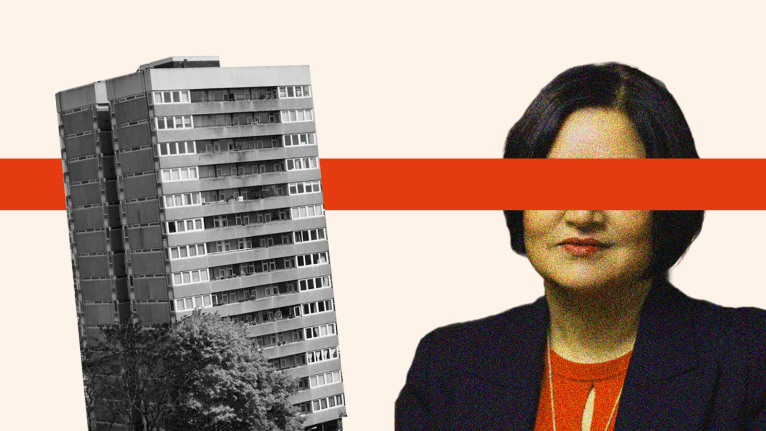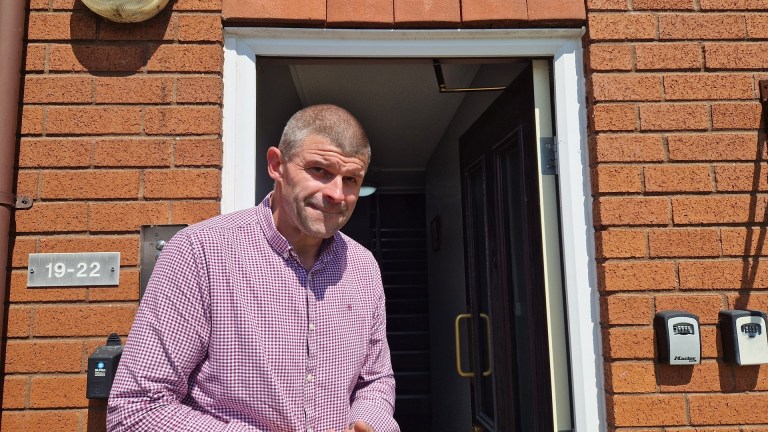The government’s target to eradicate rough sleeping by 2027 will not be met according to over 40 per cent of councils, a new survey finds.
Research by the New Local Government Network [NLGN] think tank showed that councils are far off meeting their 2027 target – particularly in towns and cities.
Amongst predominantly urban councils, 61 per cent think they are unlikely to eradicate rough sleeping by 2027, with 38 per cent saying they are unable to halve it by 2022 citing the negative impact of Universal Credit and the lack of funding as reasons.
We know that #UniversalCredit can work, but only with the proper investment behind it so that it truly covers the costs of renting. Without urgent action, people using the system will continue living on a knife edge because of it. #endhomelessness https://t.co/l1ORB9T4S1
— Crisis (@crisis_uk) April 4, 2019
Adam Lent, director of the New Local Government Network, said: “The government needs to work closely and urgently with councils to understand what extra resources are needed to meet the targets and how planned welfare reforms can be revised to prevent them contributing to rough sleeping.”
The survey found that 65 percent of councils felt that Universal Credit had led to an increase in homelessness with less than three per cent reporting a decrease.
